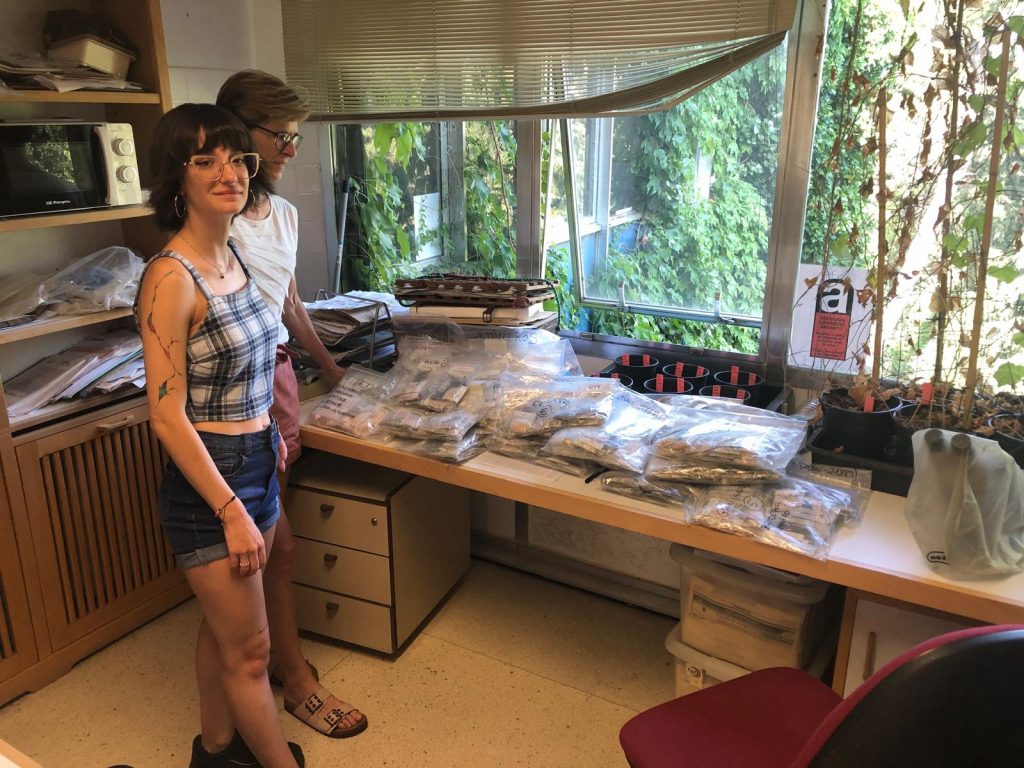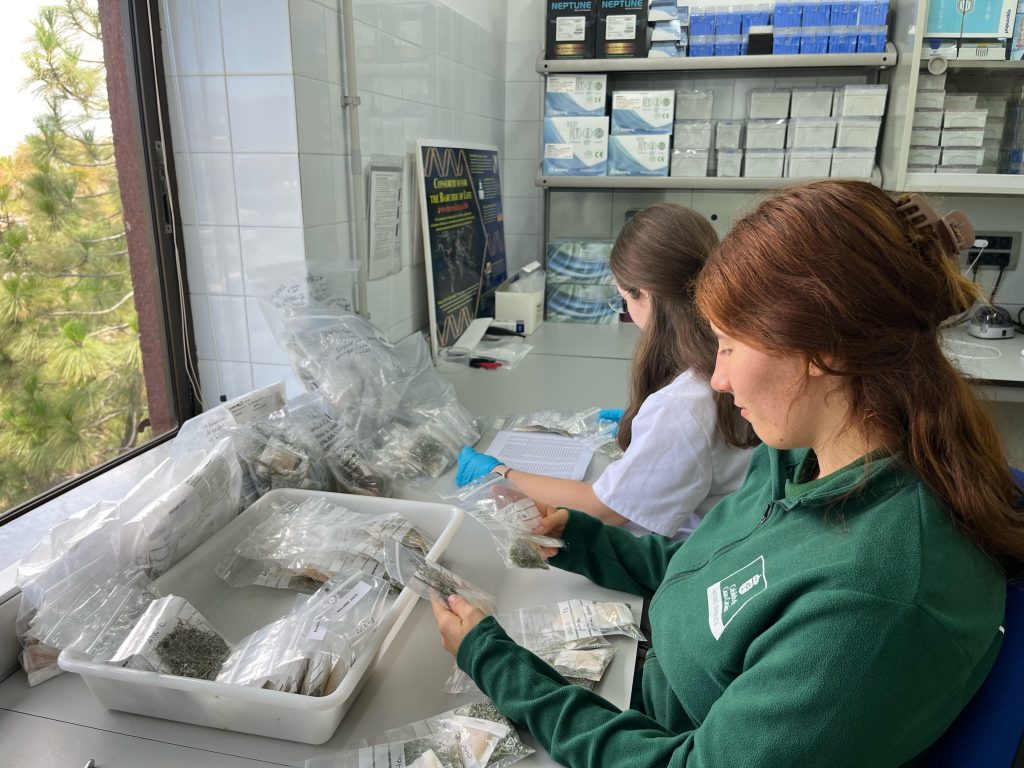Launched in January 2024, NEXTRAD is one of 12 satellite projects funded by TETTRIs, all aimed at co-creating solutions that drive transformative change in taxonomy. With €163,839 in funding, NEXTRAD aims to accelerate the discovery of the Macaronesian Lotus (Leguminosae) species diversity in the Macaronesia region.
Macaronesia’s rapidly evolving plant species
The Macaronesian region, home to a diverse array of plant species, is an evolutionary laboratory.
However, understanding how many species exist and how they’re related is a major challenge. Many of these plants evolved recently and look very similar, making it hard to tell them apart with traditional methods, such as morphology or plant barcode markers.
This creates a significant issue because without accurate species counts, it’s difficult to protect endangered plants, many of which are already at risk of extinction. Moreover, scientists suspect there are hidden or undiscovered species, but existing tools are either too basic or too complex for everyday use.
To address this, NEXTRAD is teaming up with TETTRIs to implement new genetic tools that are both effective and user-friendly to help identify plant species in recent island radiations where rapid evolution creates closely related species that are hard to differentiate. Particularly, NEXTRAD will focus on the Macaronesian Lotus (Leguminosae) plants to combine DNA data, physical traits, and habitat information to better identify species. These tools will help scientists better discover and protect plant diversity, setting a new standard for conservation and ensuring the survival of endangered species in the region.
Why the Macaronesian Lotus?
The Lotus genus is a group of flowering plants in the pea family (Fabaceae), known for their small, bright flowers and intricate ecological roles.
Lotus is the perfect candidate for this study because it is highly diverse, with some species evolving quickly on isolated islands. Many are unique to Macaronesia and at risk of extinction, so studying them is key to protecting them. By studying the Lotus species, NEXTRAD hopes to validate genomic tools that can then be applied to other species-rich groups in Macaronesia and beyond.
“It is great to explore how island lineages diversify using powerful molecular biology tools to understand the processes driving evolution in “natural labs”, as the oceanic archipelagos are often known” – shares Javier Fuertes-Aguilar, project coordinator.
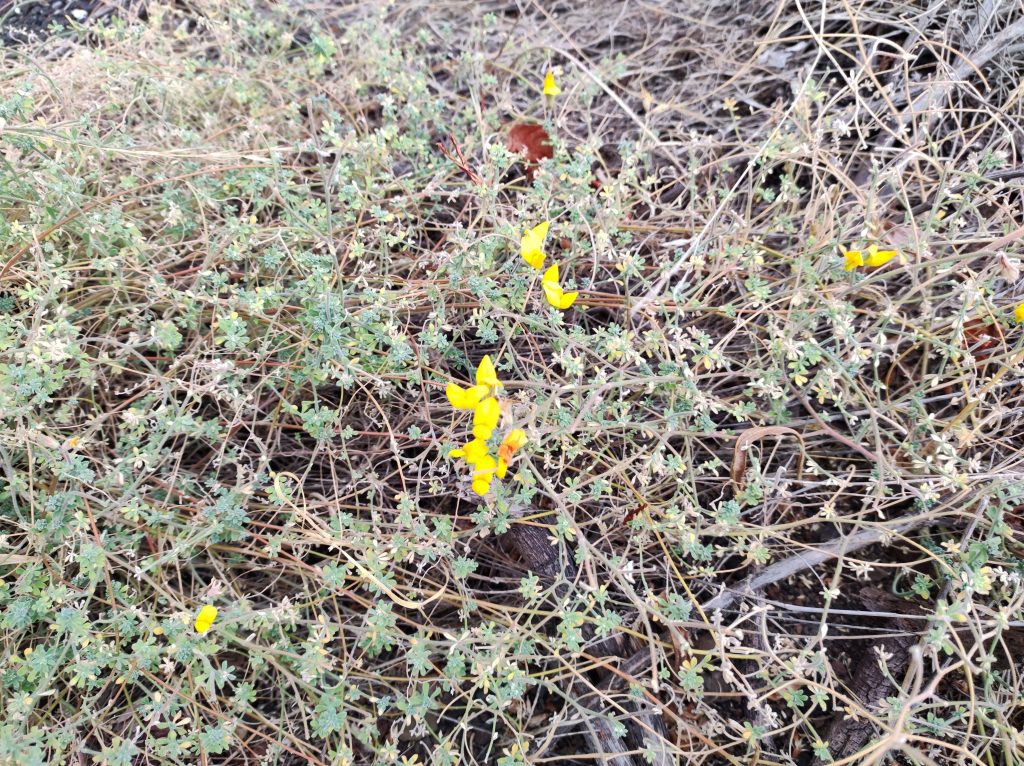
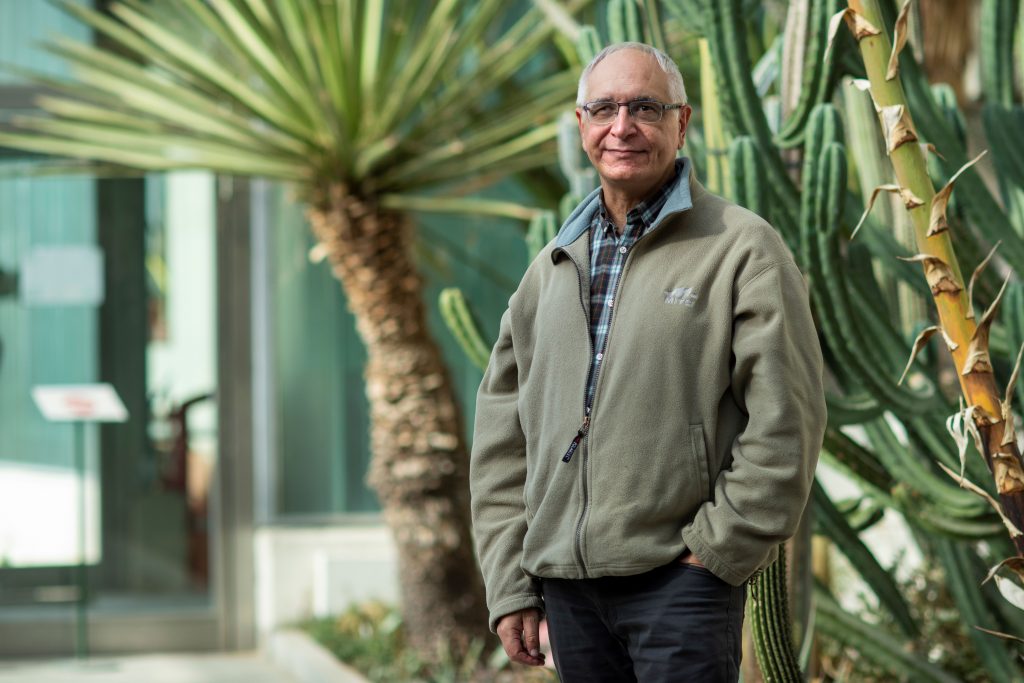
About NEXTRAD
The main mission of NEXTRAD is to test and apply genomic tools that can reliably identify plant species in recent island radiations from Macaronesia. To achieve this, the project focuses on three key goals:
- Validate genomic tools from the TETTRIs initiative to distinguish between closely related species. Specifically, it will adapt the TETTRIs multilocus genomic approach for the Macaronesian Lotus, ensuring its effectiveness in distinguishing species.
- Test the Angiosperms-353 bait, a universal genetic tool designed to identify species across plant lineages, on Macaronesia’s Lotus genus. Researchers will assess how well this advanced bait set works for species that evolved recently in isolated island environments, using sophisticated techniques like multispecies coalescent modeling.
- Empower local scientists and taxonomists by training them to use these tools through a hands-on workshop.
The project involves comprehensive sampling across the seven archipelagos of Macaronesia which aims to uncover any previously undiscovered species and identify populations that may require conservation measures.
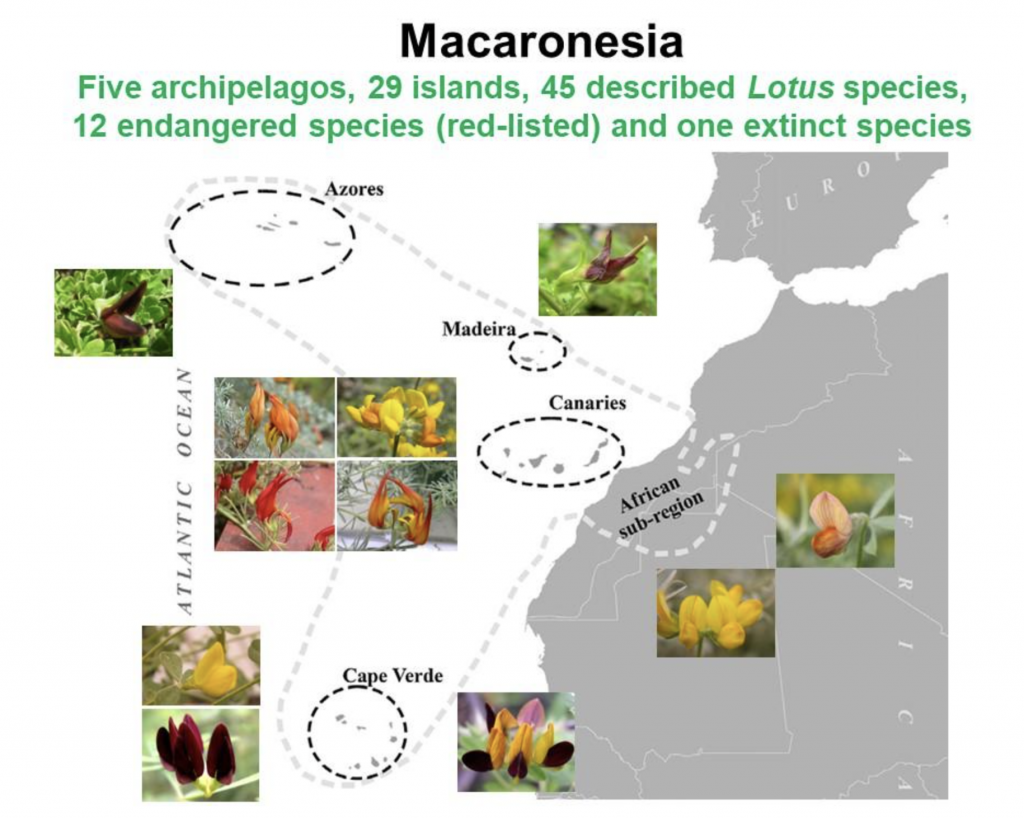
The team behind NEXTRAD
NEXTRAD is a collaboration between two prestigious botanical gardens: the Real Jardín Botánico (RJB) in Madrid, part of the Spanish National Research Council (CSIC), and the Jardín Botánico Canario “Viera y Clavijo” UA-CSIC (JBCVC) in Gran Canaria, managed by the Island Government (Cabildo de Gran Canaria).
Researchers from these institutions have been studying various plant groups, including legume genera and species, for several years. Through this work, the team has built a strong network of taxonomists, conservation agencies, and local governments across the Canary Islands. This network has played a key role in organizing field expeditions, collecting plant specimens, and sharing research findings effectively.
What have been the main achievements so far?
NEXTRAD has assemble the most extensive collection of Macaronesian Lotus plants to date, including newly documented populations and localities that may represent previously unknown species.
Since its start, the project has focused on gathering specimens from a variety of sources, including historical collections, recent field expeditions, living collections, seeds from germplasm banks, and herbarium specimens. Among these is a notable herbarium sample of a species that is now extinct in the wild, though its identity remains to be confirmed.
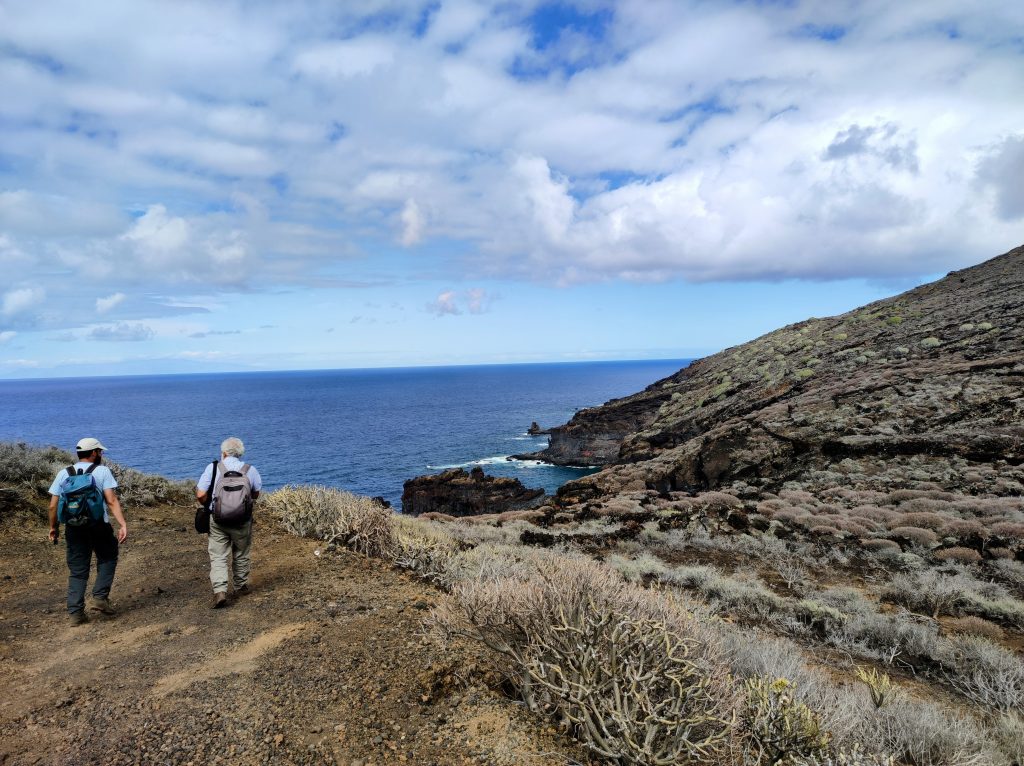
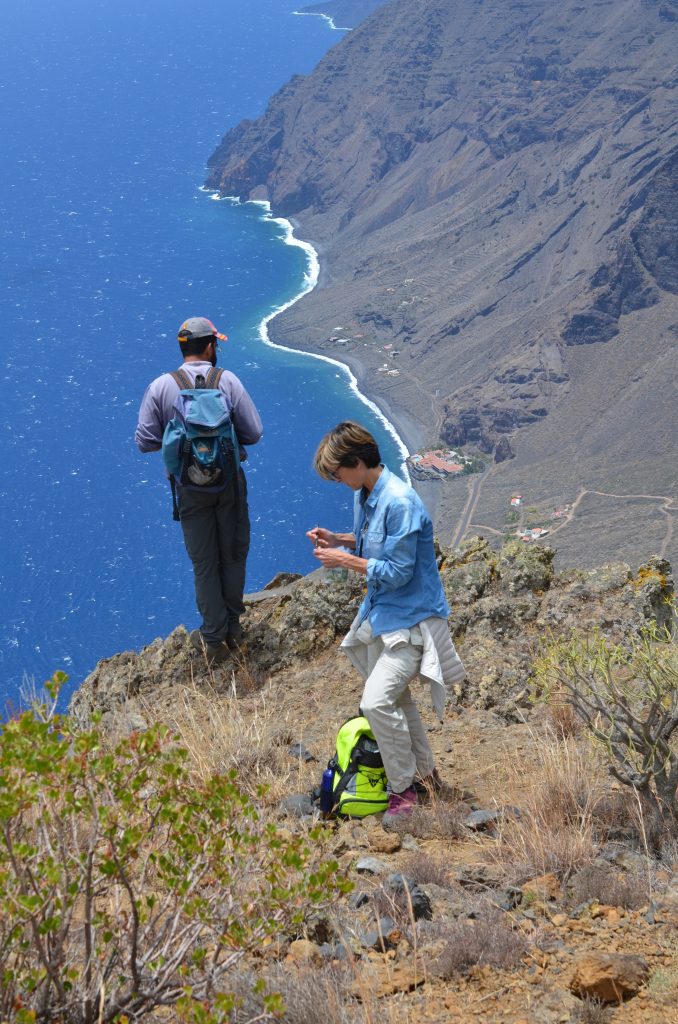
The collection, which now includes over 1,500 specimens, provides an unparalleled resource for analysing species diversity within this plant group. For endangered Lotus species listed on the IUCN Red List, multiple samples were collected from different islands to enable an assessment of their genetic diversity, a critical factor for effective conservation strategies.
Another significant milestone was the preparation of 200 specimens for DNA extraction. These samples will be used to identify genetic markers essential for understanding the diversity and evolutionary history of Macaronesian Lotus. This genetic work marks a major step forward in the study of this unique group of plants.
What’s next for NEXTRAD?
In the coming months, the team will analyse the first batch of samples sent for sequencing. These analyses will offer an initial understanding of the resolution and limitations of the genetic markers being studied.
The resulting data will be integrated into digital pipelines designed for further analysis and shared during the project’s final workshop.
A significant challenge in processing this type of data lies in the steep learning curve associated with mastering the tools needed for data handling and interpretation. To address this, NEXTRAD will collaborate with TETTRIs partners to make these analytical tools more accessible to botanists working with plant groups in Macaronesia, fostering broader engagement, technical workshops, and transfer of the project’s findings.
